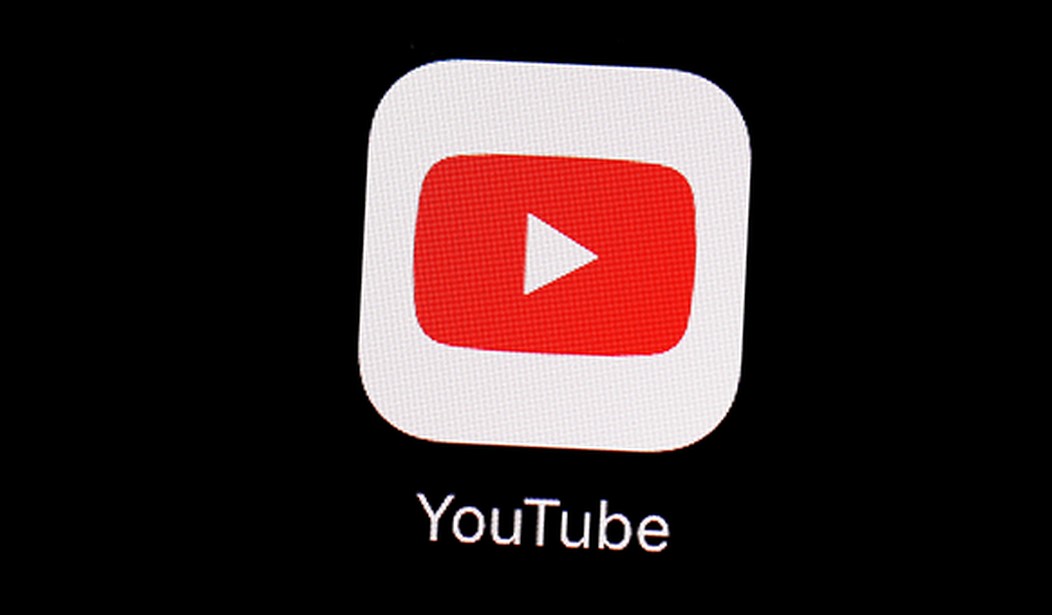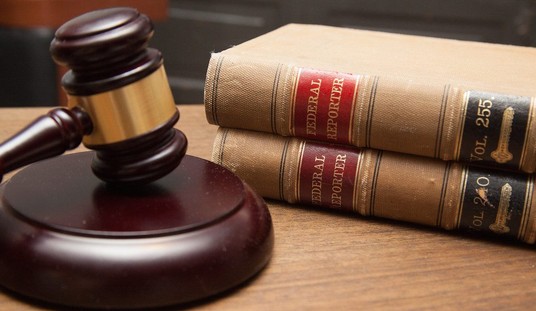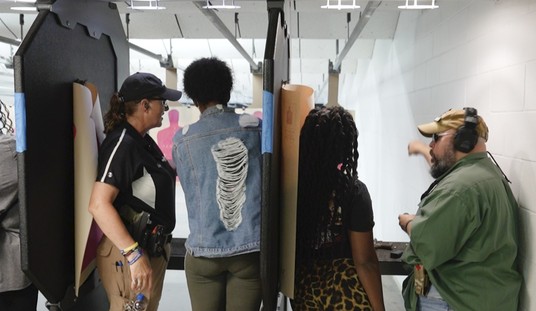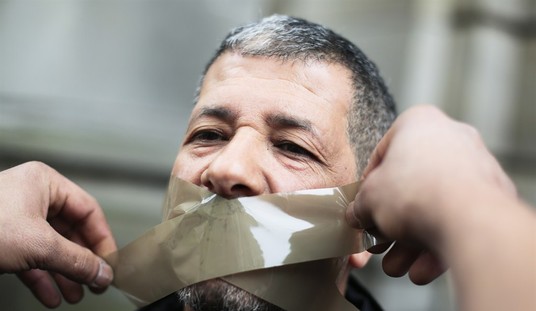There's a lot of content on YouTube that's probably not overly appropriate for people under the age of 18. Some of it is age-restricted. Some of it isn't.
But YouTube underwent a major policy change regarding firearm content lately. Basically, a lot of gun content is now age-restricted, meaning people under 18 can't watch it, even though they're legally allowed to handle firearms.
They can still watch people talk about and consume hard liquor, which they can't consume, but they can't watch people shoot guns that they themselves may have handled.
Yeah, it's stupid.
But it seems at least one member of Congress wants to know why they changed the policy.
Rep. Jim Jordan (R-Ohio) is seeking answers on whether YouTube changed some of its content moderation policies surrounding firearms due to the influence of government officials, particularly New York District Attorney Alvin Bragg (D).
Jordan, acting in his capacity as chair of the House Judiciary Committee and the Select Subcommittee of Weaponization of the Federal Government, sent a letter to the legal counsel for YouTube parent company Alphabet on Tuesday asking for communications and records relating to the company’s “interactions with the Executive Branch and other entities regarding changes to its firearms content policy,” adding that the request would be responsive to an already issued subpoena that is “continuing in nature.”
...
“Recent reporting and other publicly available information suggests that YouTube’s decision to change its firearms policy may have been influenced by government officials and third parties interested in suppressing certain Second Amendment-related content,” Jordan wrote in the letter, first shared with The Hill.
He specifically cited Bragg — who brought the case in which former President Trump was found guilty of 34 counts of falsifying business records in relation to a hush money payment in 2016 — previously writing to YouTube to revise its content moderation policies relating to firearms.
...
“Given that YouTube has censored First Amendment-protected speech as a result of government agencies’ requests and demands in the past, these revelations raise serious concerns about whether and to what extent the Executive Branch is working with third parties and other intermediaries to coerce and/or collude with YouTube to censor lawful speech regarding the Second Amendment and firearms,” Jordan said in the letter.
Now, I'd like the same answers Jordan wants. Was the policy change prompted by Bragg?
But the question is, what difference will it really make? YouTube has the right to change its policies as they desire, just like we've got the right to start going to Rumble to watch and post videos. Unless they admit that they did out of fear of prosecution or lawsuits, there's not really anything Jordan as an individual or Congress as a whole can do about it.
I mean, I suppose it's possible that Congress could pass something that would protect platforms from being prosecuted or sued by local DAs who claim the content is problematic, but the issue there is that you'd never get the Democrats to agree to something protecting gun content specifically, and if you broaden that out, well, you're going to get a lot or Republicans opposing such protections.
In the end, I don't know what Jordan is really trying to do except look like he's trying to play hardball with YouTube. I don't think the website is going to sweat Jordan's demands.
What's more, there really are bigger fish to fry than YouTube. Yes, their policy stinks, but we don't have to rely on YouTube as our only video hosting option. We've got people like Steve Dettelbach and Merrick Garland attacking our actual rights, for example. Those are the people who we need answers from first and foremost.
YouTube shouldn't be let off the hook, but let them crash and burn in the free market, not before Congress.








Join the conversation as a VIP Member